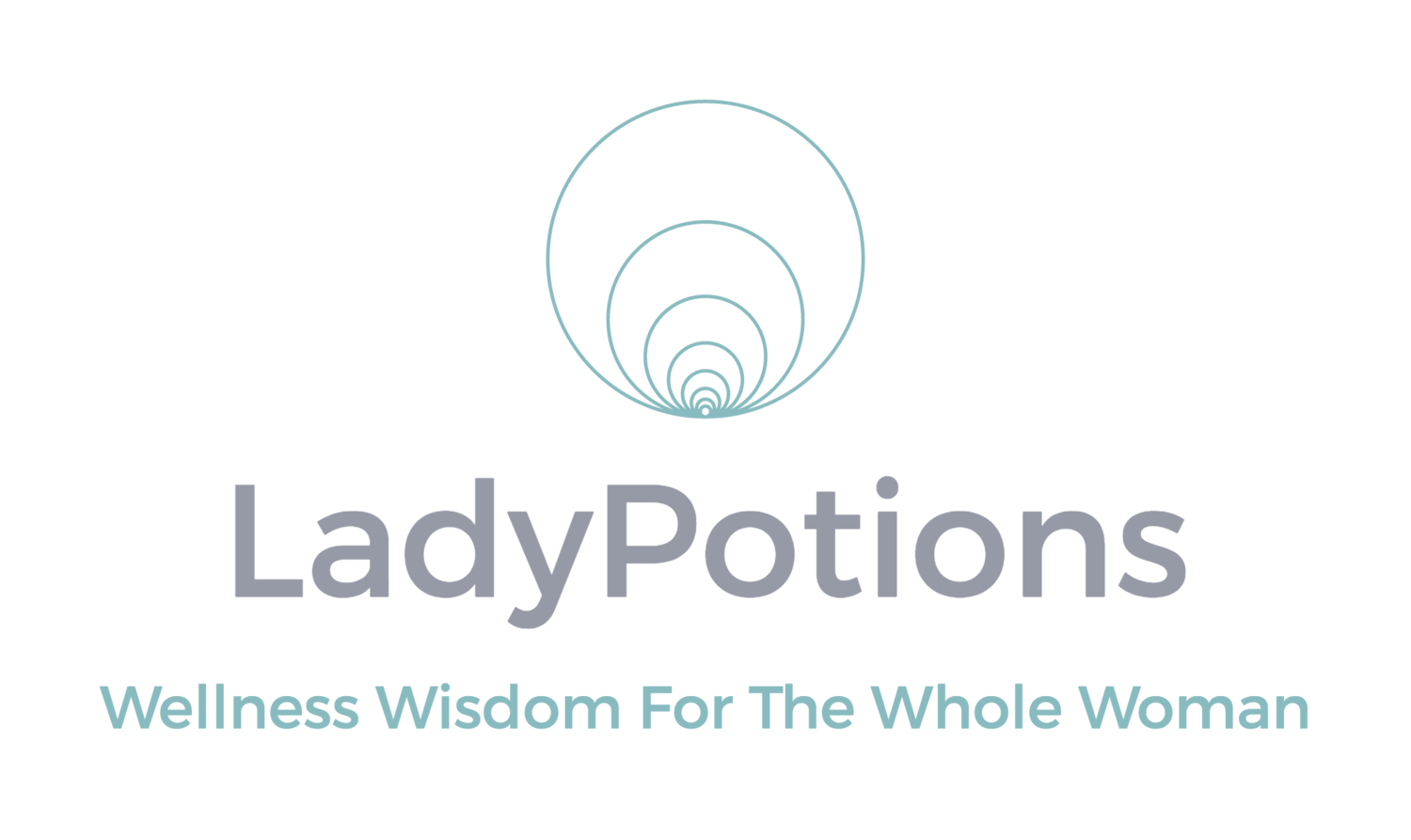Depression is hard enough whether you're struggling with it as a teenager or an adult. The worst possible time to experience depression however, is just after having a baby, otherwise known as postpartum depression. Mental illness has always had a stigma but I argue that the greatest stigma of mental illness surrounds postpartum depression. So many women experience it, yet rarely do they speak up about it or seek help--especially in the beginning stages.
Most women don't talk about the difficulty that they are faced with and their "third trimester. There is an internal expectation for so many that mothers are just supposed to love every second of it and, if they don't, there must be something organically wrong with them! So women put their feelings in the shame cave and and try to pretend they are not there. It's my experience, however, that many women are relived to hear when they visit my office that it's normal to have thoughts like, "what the hell have i done? Where is my life and identity that I knew? I feel like a milk truck and if one more person asks me for something I'm going to loose it."
Giving birth and becoming a mother is one of the most difficult times of a woman's life. She's physically at her weakest just having grown a baby and then birthed it, yet being asked to do the most she's ever done on virtually no sleep. And when you're exhausted and hungry everything is magnified. And lets face it, eating with one arm when you remember to also becomes a challenge.
Just yesterday I was sitting with a pregnant mama in the treatment room and she expressed concerns that she would have postpartum depression with her second pregnancy. She had an 18 month old whom she breast fed for 14 of those months and then quickly conceived again. "The alternating anxiety/ depression is real and it's already here. Why is it already here?" Mind you she had also battled with some wicked morning sickness for the first trimester--so she was also undernourished.
Let's talk about where postpartum comes from and how to do our best to prevent it naturally during pregnancy, as well as how to take the stigma away so that you can ask for help if you need it.
From a Chinese medicine perspective, postpartum depression is often times a sign of blood deficiency. This can be caused by loosing abnormal amounts of blood during birth vaginal or C-section. It can be caused by not eating enough nourishing fats and proteins and lacking foods high in iron while you are pregnant and just after delivering. It can also be caused by having multiple children back-to-back with long periods of breast-feeding. The Chinese perspective believes that you use the Essence that you would turn into your uterine lining for a period and turns it into breast milk. So if you are cycling at the same time as breast feeding, you can seriously tax a woman's system. Unless the mother takes the time to rebuild herself with nutritiously dense food and rest (good luck with a toddler), she can set herself up to go into her next pregnancy deficient.
One of the best things you can do during your pregnancy is to make sure to take in ample amount of DHA, and blood building foods like egg yolks, hormone free grass fed beef, avocados and coconut oil. DHA should be taken at a dose of 450 mg throughout your pregnancy. Sometimes this needs to be added to your prenatal vitamin in addition not all prenatals carry enough DHA. Nettle tea and black strap molasses is an age old herbal remedy that is safely taken throughout pregnancy to help bolster the blood, specifically through its high mineral content. Most women find the taste of the tea palatable during pregnancy and postpartum.
Knowing the signs postpartum depression and educating your partner, your friends and your family about its symptoms can also be helpful. It's also a good idea to give your partner permission to contact your midwife, doula, or OB/GYN if he suspects suffering. Let them err on the side of caution and get you treatment before it becomes a landslide. You can also find amazing acupuncturists/ herbalists that are board certified in reproductive and obstetric medicine by clicking here.
Remember: growing, birthing and raising a tiny human is no small feat. It's not all rainbows and butterflies, especially if you feel alone. Hone your communication skills while you are pregnant and ask for help so that you can rest from time to time when your bundle of joy arrives. There is good reason the saying, "It takes a village to raise a child," exists! You didn't conceive or birth this child alone, so don't take in the wonder woman archetype channeling the idea you have to raise him or her alone, especially when you are worn out and at your whits end. There is great strength in the vulnerability to be able to ask for assistance whether it's for an afternoon off or medical assistance to stop the progression of postpartum depression. Be vulnerable. Be brave and reach out. It might just be the most important lesson you'll ever teach your child!

